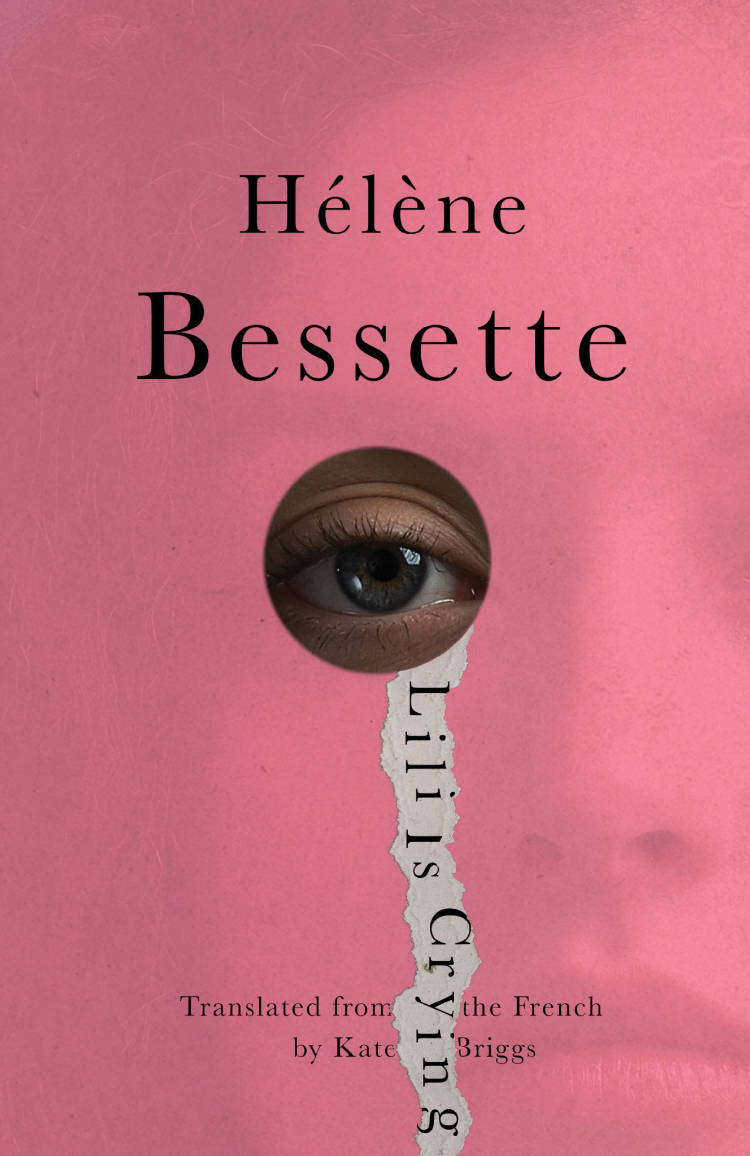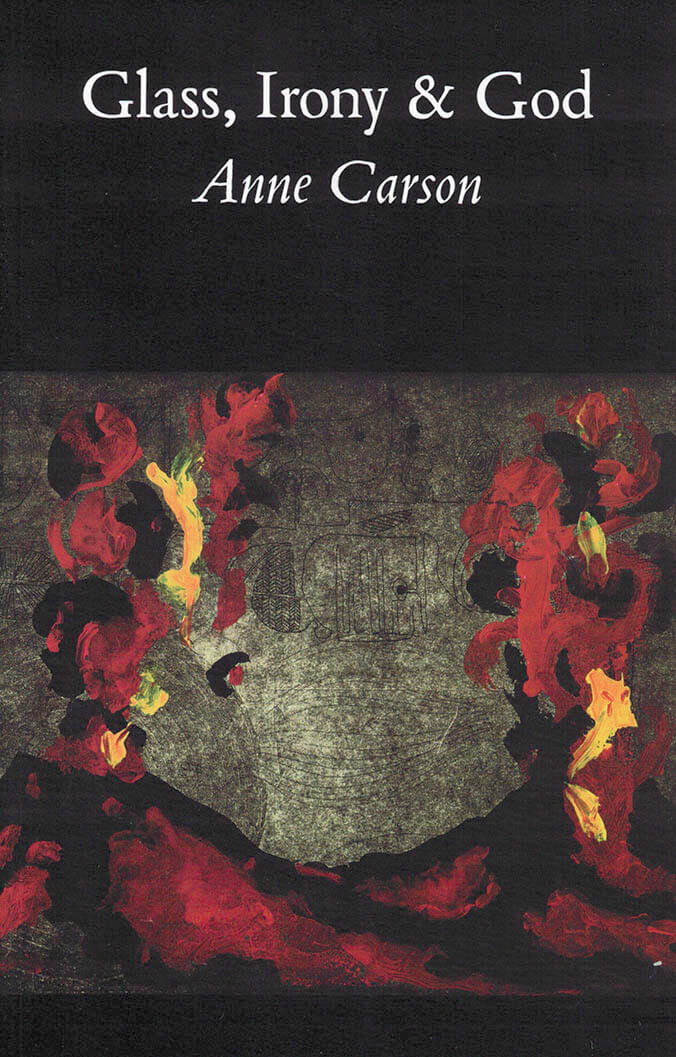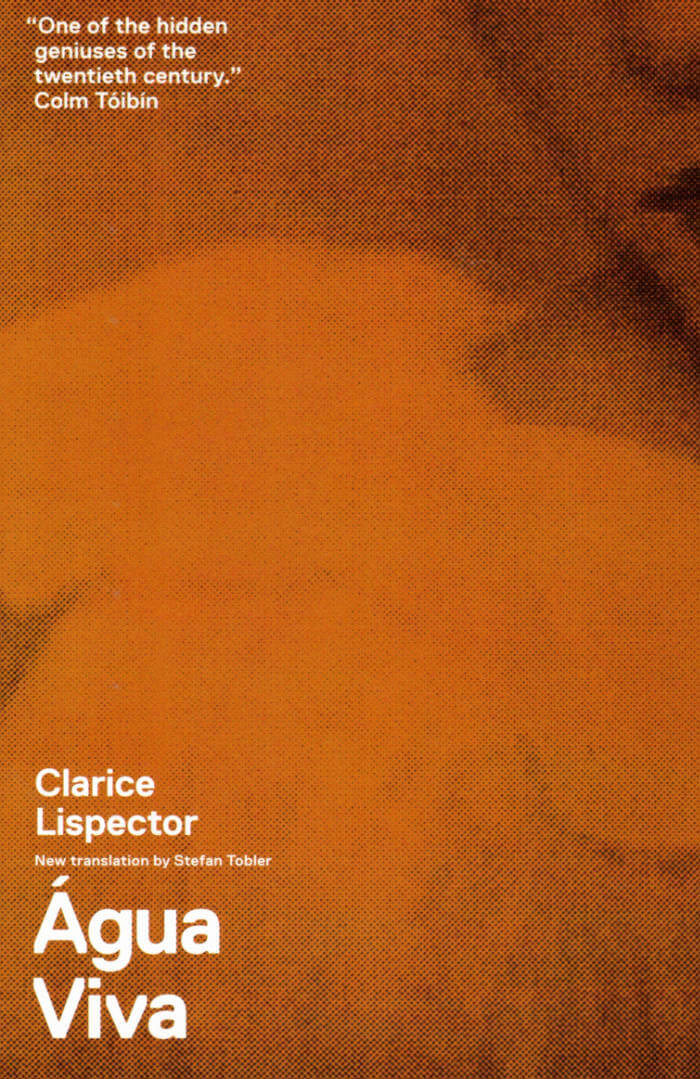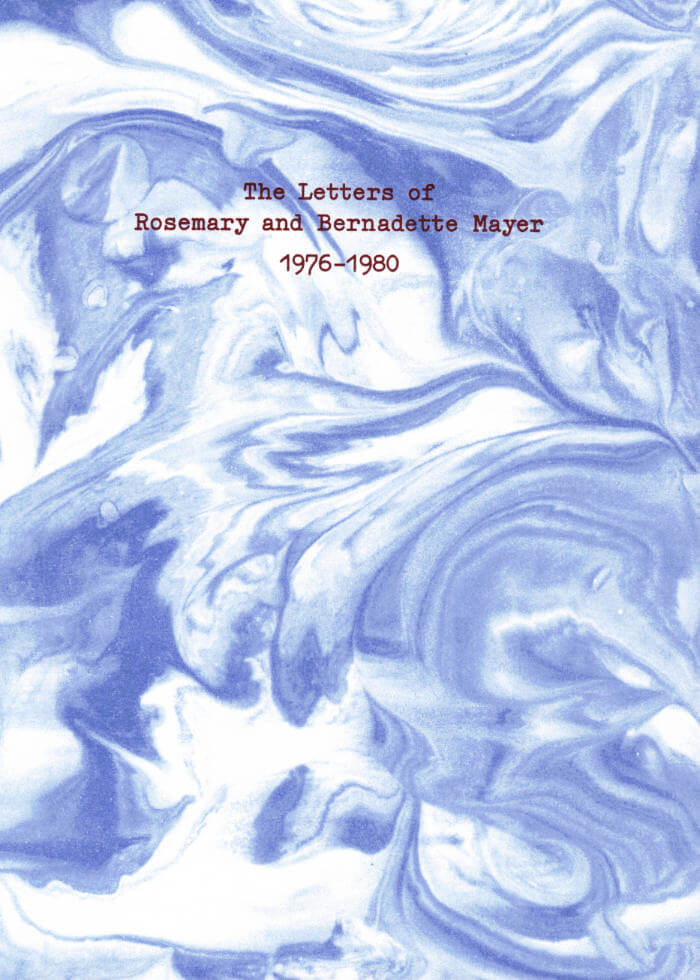
Milkweed Smithereens
Milkweed Smithereens gathers lively, wickedly smart, intimate, and indelible Bernadette Mayer poems: the volume ranges from brand-new nature poems, pastiches, sequences, epigrams, and excerpts from her Covid Diary and Second World of Nature to early poems and sonnets found in the attic or rooted out in the UC San Diego archive. The world of nature and the pandemic loom large, as in her “The Lobelias of Fear”:
…but how will we, still alive, socialize
in the winter? wrapped in bear skins
we’ll sit around pot-bellied stoves eating
the lobelias of fear left over from desperation,
last summer’s woodland sunflowers and bee balm remind us of black
cherries eaten in a hurry
while the yard grows in the moonlight
shrinking like a salary …
Bernadette Mayer (1945–2022) published her first book when she was twenty-three years old. For many year she lived and worked on Manhattan’s Lower East Side. She was the Director of St. Mark’s Poetry Project from 1980 to 1984. Mayer taught at Naropa Poetics Institute, New School for Social Research, College of Staten Island, and New England College.







